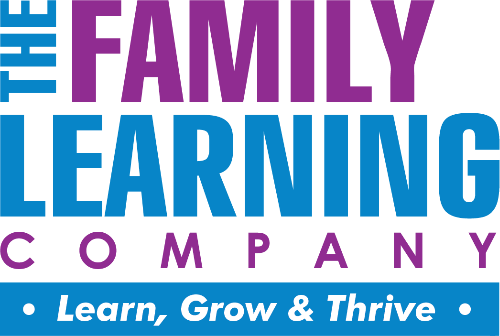Today, with the availability of family literacy software, it has become easier than ever for children and adults alike to learn and improve their English. By embracing immersive experiences, consistent practice, phonics development, multi-generational engagement, and online resources, ESL learners can significantly enhance their English language proficiency effectively and progressively.
10 Essential Tips for ESL Learners to Learn English More Effectively






